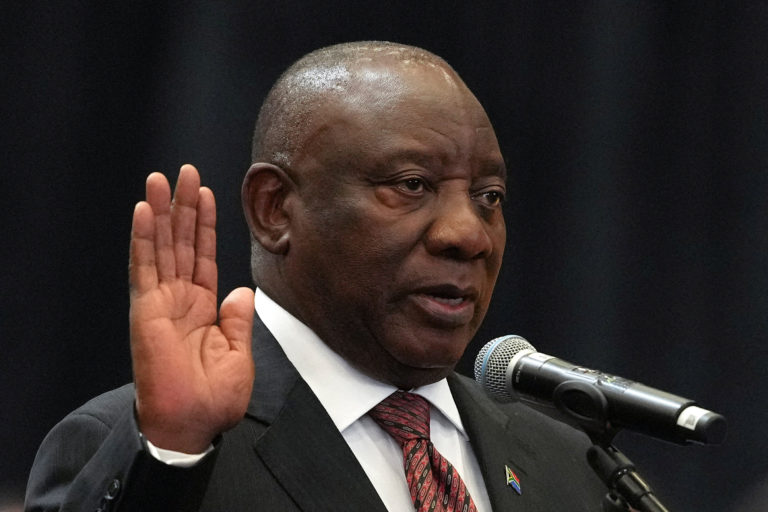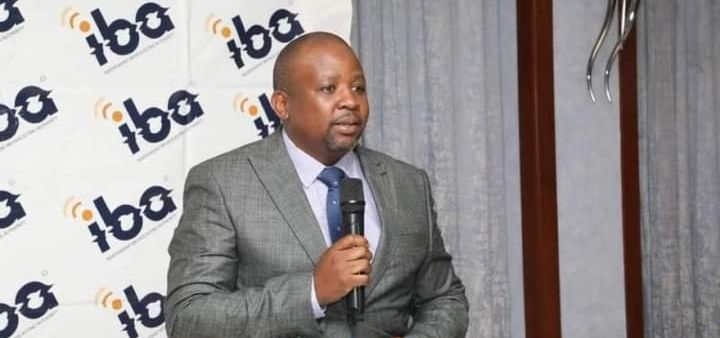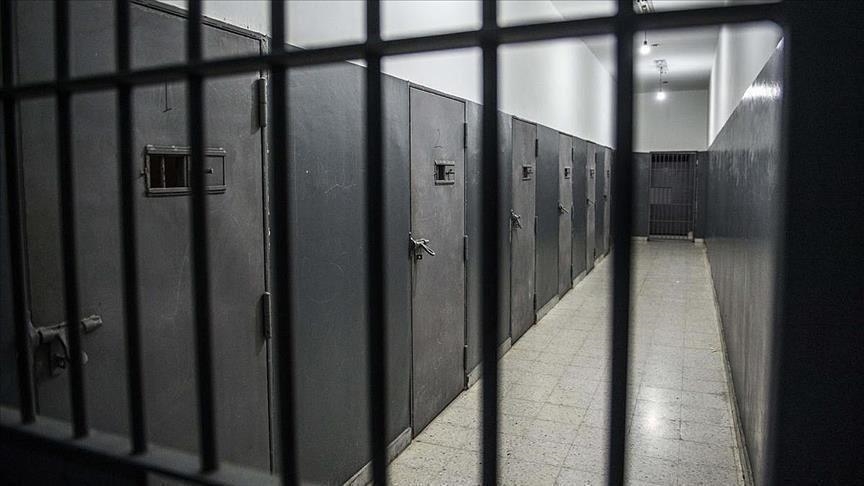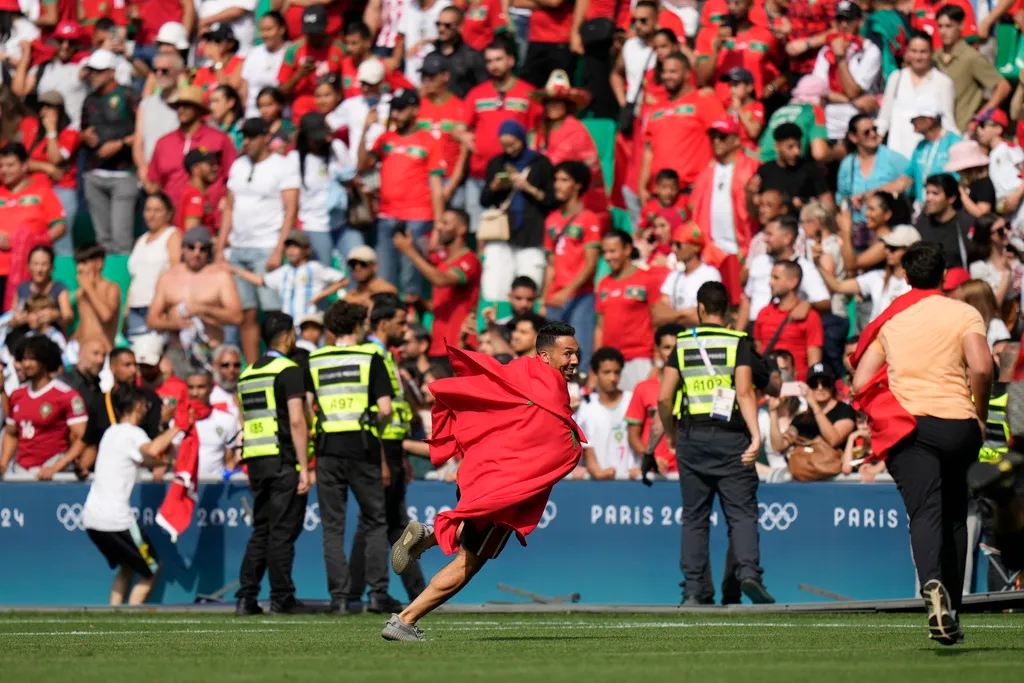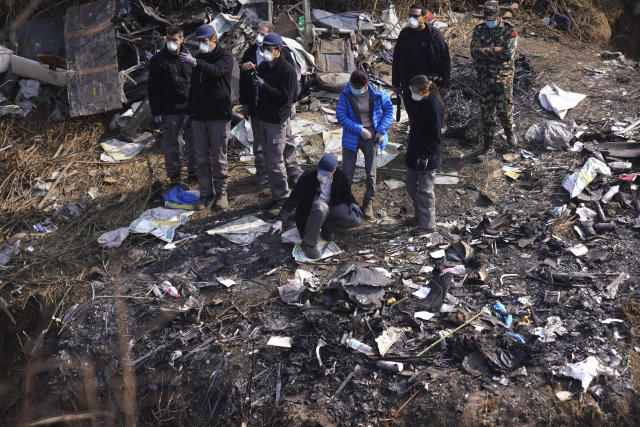Namibia imposes visa on 33 countries, including USA and UK
The South African country of Namibia has introduced visa requirements for citizens of 33 countries, including the USA, UK, and EU member states. Namibia’s Deputy Minister of Home Affairs, Lucia Witbooi, announced that from April 1, 2025, citizens of 33 countries—including the USA, Germany, the UK, France, Italy, Canada, Austria, Ireland, Australia, Japan, the Netherlands, Brazil, and Azerbaijan—will need a visa to enter Namibia. Witbooi explained that the visa requirement was being implemented because many countries that Namibia had granted visa-free access to for 33 years had not reciprocated, though the reasons for this were unclear. The decision has been met with backlash from representatives of Namibia’s tourism sector, which is a major source of income for the country. Namibia, known for its natural attractions like the Namib Desert and Etosha National Park, is predominantly visited by tourists from Western countries. Currently, Turkey and Namibia also have reciprocal visa requirements. With the new regulation, the visa application fee will increase from $65 to $86, based on the current exchange rate of the Namibian dollar.
Namibia imposes visa on 33 countries, including USA and UK Read More »



